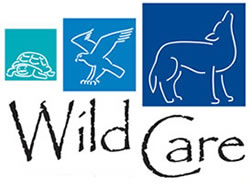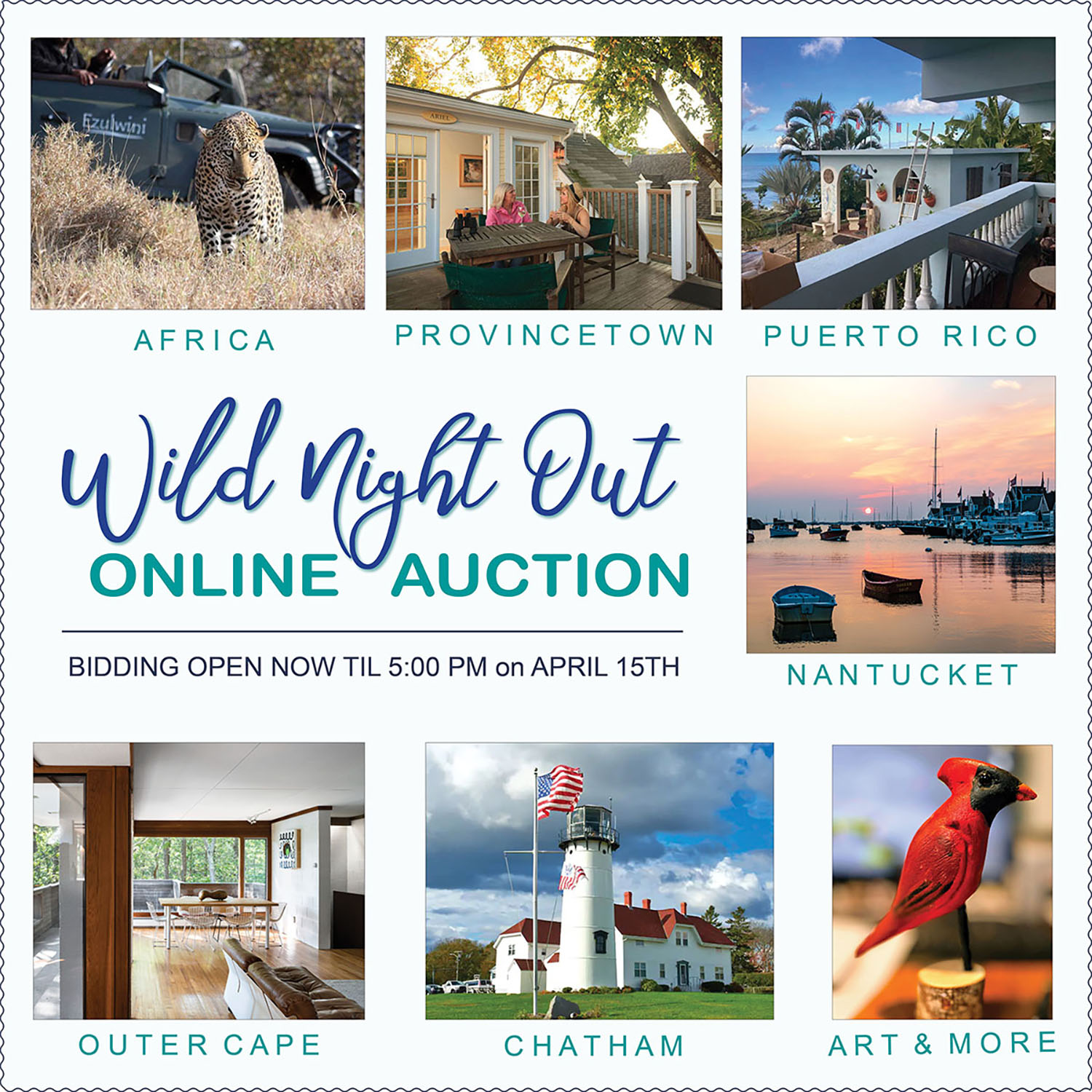
Rehabbers Know a TON of Stuff!!
Adventures of a Volunteer • By Amy Sanders
As most of you know, I’m a volunteer at Wild Care, as a speaker for educational programs, manager of Facebook’s Messenger communications, feeder of orphaned birds and squirrels, and trained field rescuer of injured and orphaned wildlife when called upon. What most of you don’t know is that I’m also often a pain in the neck to the staff.
“What!?,” you wonder, “She must be kidding.” Alas, no I am not. Everyone is, of course, too kind to tell me directly, but I am well aware that I can be tiring because of my incessant barrages of questions.
You see, my family consists of a bunch of knowledge geeks, and from a young age, dinner in my house has been about talking (it remains a no-screens affair to this day), about our days of course, but also about lots of science and history (I must confess to tuning out a lot of the history). My physicist father and I embarked on literally dozens of science experiments, and not just for school, but for fun. We made musical instruments. We stared at the night sky and pondered aliens, and the nature of time and quantum physics. We explored the natural world (mom and I tended to embark on more of the art projects). And we questioned and researched, and questioned some more.
This resulted in the sometimes annoying tendency to constantly question (and not just at Wild Care, but I’ll stay on topic here). I follow Jen around like a puppy. If I can’t find Jen, I’ll go after Leah. If I can’t find either, I’ll start in on Stephanie. What I never knew up until recently, was how much I didn’t know about what was involved in wild animal rehabilitation, and how much the rehabbers have to actually know. I have acquired this understanding over time. Every question answered tells me one more thing I didn’t know that I now know they know.
But, recently I indicated a desire to Stephanie to be able to answer public questions more effectively without having to bother staff, especially when those questions come to me off hours for Wild Care. She told me first about a couple of databases, and a messaging group to get access to more people among whom to spread my questions (yay!). She then informed me about WRAM (Wildlife Rehabilitators Association of Massachusetts), that I didn’t need to be a licensed rehabber to join, and that they had their yearly conference coming up (March 13-14), and since it was virtual this year, I might like to join. So join I did, and within a couple of days of joining, I was deeply embedded in the conference presentations.
The conference was fabulous, with literally dozens of speakers on a variety of topics relevant to rehabbers. Stephanie and Jennifer both did presentations that were fascinating. In fact, as of writing this I still have 3 presentations to watch that I just haven’t had time for yet (many things were cross scheduled so to view some I was unable to catch I have to go to the recorded versions over the next few months).
What struck me most was how many subjects rehabbers have to have under their belts. I mean, I know they know a lot but WOW, they know a lot!
- They have to be able to identify all the numerous local species (along with a few rare visitors like Sand Hill Cranes, and Masked Boobies) at all different ages—even the babies.
- They need to know all the critical species-specific requirements of which there are so many I can’t count (water birds need to be on nets when they’re ashore so they don’t get sores on their feet because they don’t have heels, Robins can’t have sunflower seeds, Gannets can’t get subcutaneous fluids, etc.).
- They need to treat their patients, provide as natural of a habitat as possible while doing so, and know all their diets (which are not the same, or even close to the same).
- They need to know the habitats of each animal, and threats to those habitats.
- They need to know the laws around specific animals (for example, endangered animals have special legal considerations and must be specially monitored and reported upon).
- They must maintain extensive records for legal and/or professional reporting.
- They need to know many procedures I would have previously thought of as only veterinarian stuff (like x-rays, and treatments for rodenticide poisoning, medication administration and doses, tube feeding and hydrating, etc.), and know when to move a problem to the vet.
- They need to know their medications and potential poisons/toxins that animals might have gotten into, along with their symptoms.
- They need to train several interns each year, and manage over 200 volunteers (even those with zillions of questions).
- They need to educate the public about reducing human impact to animals (when to cut trees and when not to, safe alternatives to rodenticides, fishing gear disposal, etc.)
- And, they need to be able to talk effectively to the public to help the animals get the care they need before they even come to Wild Care (and try to eliminate bringing in those who don’t need to come).
WOAH!
So I decided this month I would share how appreciative I have grown of the expertise of Wild Care’s amazing rehabilitation staff, and thank them for not only their extensive store of knowledge and duties, but also for the very long hours that I know that they put in for the welfare of Cape wildlife. Great thanks to Jen, Leah, and Karen (I haven’t had the opportunity yet to bother you Karen, but worry not—I will find you someday and then, watch out!). And, a special thanks to Stephanie, not only for your knowledge, but also for putting me on the trail of some other resources that might give your staff some relief from one ridiculously curious volunteer!
Wild Night Out Online Auction
READY, SET, BID… We are so excited to announce that our Wild Night Out Online Auction is now live!
READ ALL NEWS
CALENDAR OF EVENTS
04 April, 2024
Wild Night Out Online Auction
EVENT DETAILS
05 April, 2024
Wild Night Out
EVENT DETAILS
28 February, 2024
Wildlife Winter/Spring Talk Series
EVENT DETAILS

DID YOU KNOW??
Wild Care has a state-of-the-art seabird therapy pool, which allows seabirds and waterfowl to exercise on running water. This will help our bird friends recover more quickly so they can get back to their watery habitats!

